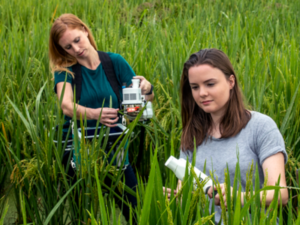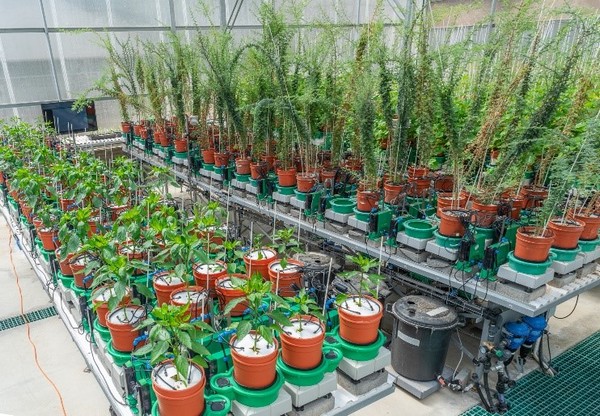

who provide an automatic plant phenotyping system.
PlantDiTech was founded based on a technology developed by Professors Menachem Moshelion and Rony Wallach from the Hebrew University of Jerusalem.
Read More
Home » HortiDaily “More than meets the eyes: Discovering the underlying secrets of plants performance”
Plant-Ditech enhances the ability of scientists, breeders, and agro-researchers to ensure agricultural growth by providing plant phenotyping system and plant phenotyping software. This enables the quick and automatic processing and analysis of vast amounts of phenotypic data, providing deep insights into plant-environment interactions while shortening research & development time and time to market.
Plant-Ditech sets new standards in plant research. We invite you to join our community and discover a world of knowledge, technology, and inspiration.
Plant-Ditech LTD